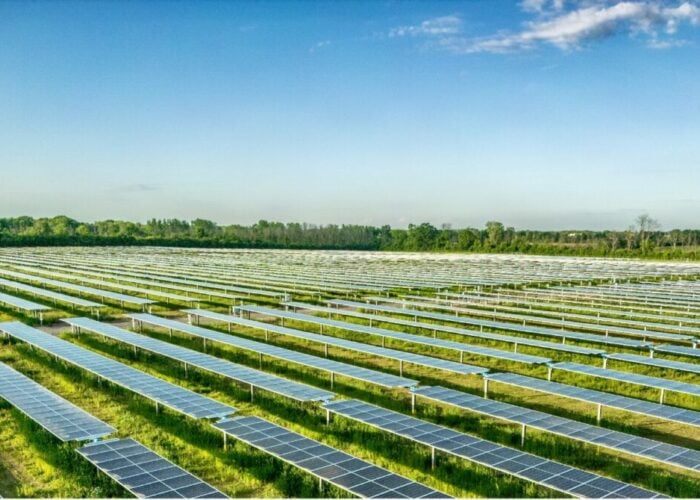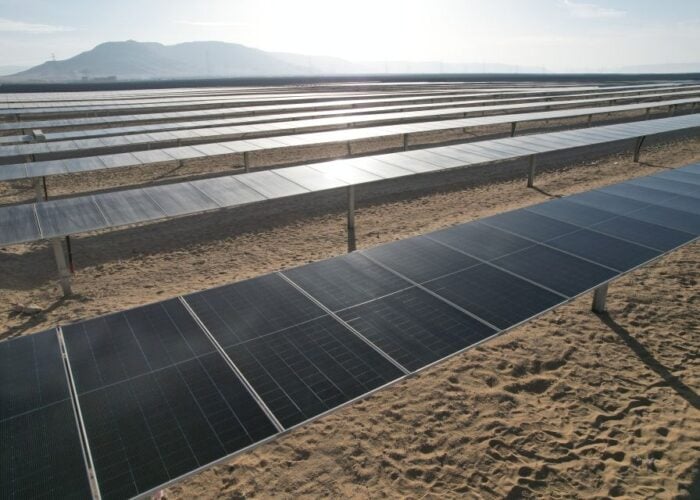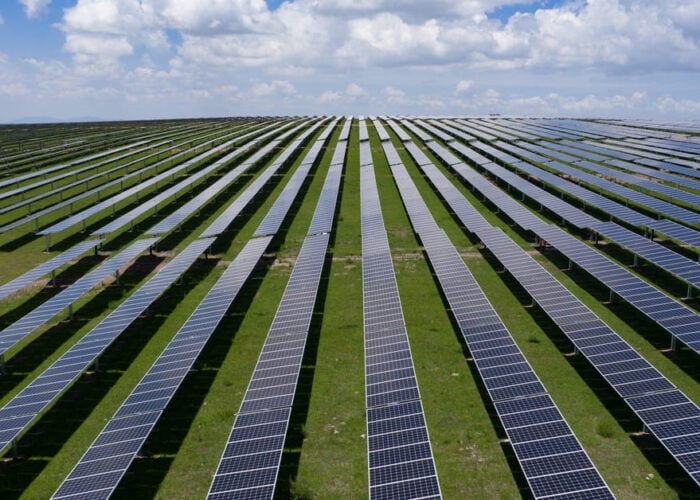Legislation that campaigners said would have harmed solar net metering and “monopolised” solar system leasing has been rejected in Washington State.
Pro net-metering lobby group, the US Alliance for Solar Choice (TASC), claimed it and other solar advocates had successfully lobbied to keep net metering charges, and what TASC claims as “monopolistic” control of solar leasing, out of Washington State legislature.
Try Premium for just $1
- Full premium access for the first month at only $1
- Converts to an annual rate after 30 days unless cancelled
- Cancel anytime during the trial period
Premium Benefits
- Expert industry analysis and interviews
- Digital access to PV Tech Power journal
- Exclusive event discounts
Or get the full Premium subscription right away
Or continue reading this article for free
The proposed HB 2176 ‘leasing of energy systems’ and HB 1301 ‘renewable energy incentives for creating clean energy jobs in Washington state’ legislation would have mandated a fee for rooftop solar users, and given power to utilities – rather than local solar companies – for the leasing of solar systems.
The American Legislative Exchange Council (ALEC), an association for conservative law makers, proposed a template anti-net metering policies in 2013 on which the proposed Washington legislation was based.
TASC said Washington State’s decision not to implement a policy based on the template was a “blow” to ALEC and allies such as the Edison Electric Institute (EEI).
EEI, which represents investor-owned electric companies, and was confronted with claims of dark money funding its campaigns last November, claims on its website net-metered customers are dodging grid maintenance fees. The EEI says clean energy grid supplying customers, “effectively are avoiding paying [these] costs for the grid.”
EEI has argued maintenance costs are “shifted to those customers without rooftop solar or other distributed generation systems through higher utility bills”.
TASC has counter-lobbied by claiming that “rooftop solar benefits everyone” by delivering “extra energy from rooftops to neighbours”.
Environmental conservation group, Sierra Club’s Washington chapter described the bills as “contradictory and complicated” and accused the policy template of creating “confusion in Washington's incentive payment programme” that would “ultimately diminish, not expand, the number of new solar installations in Washington”.
Sierra Club also ran a campaign to tell elected officials to vote against the two bills.






